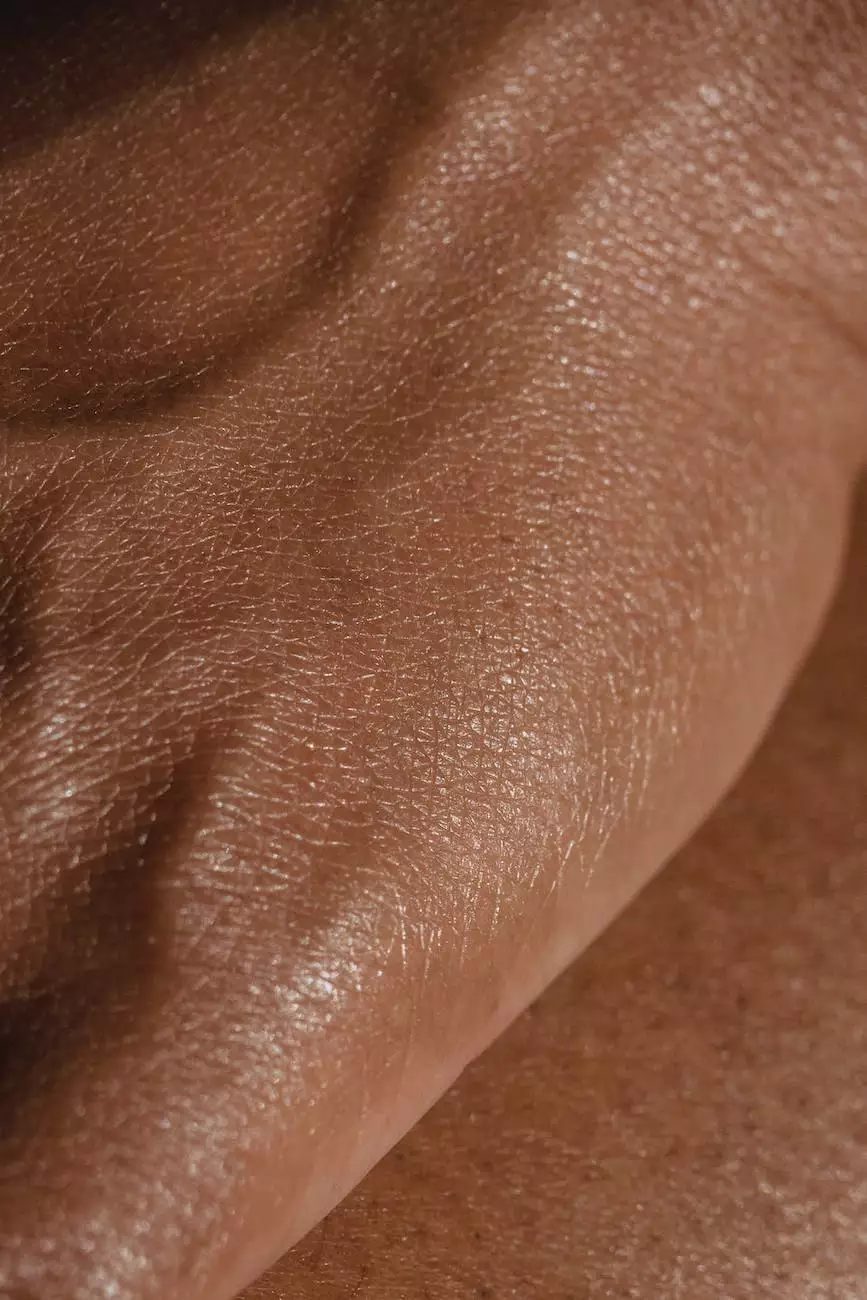Restless Legs Symptoms - Understanding and Finding Relief

Introduction
Are you experiencing uncomfortable sensations in your legs, making you feel the urge to constantly move them? You might be suffering from restless legs syndrome (RLS). This condition, although not life-threatening, can significantly impact your daily life and sleep quality. At Truffles Vein Specialists, we understand the discomfort restless legs symptoms can cause and are committed to providing effective solutions to help you find relief.
What is Restless Legs Syndrome?
Restless legs syndrome, also known as Willis-Ekbom disease, is a neurological condition that causes an irresistible urge to move the legs. It is characterized by unpleasant sensations, often described as creeping, crawling, tingling, or pulling. These sensations typically occur when the body is at rest, such as when lying down or sitting for an extended period.
Symptoms of Restless Legs Syndrome
- Uncomfortable sensations: Individuals with RLS experience uncomfortable sensations in their legs, often described as itching, aching, or throbbing. These sensations can range from mild to severe.
- Irresistible urge to move: The discomfort caused by the sensations leads to an overwhelming urge to move the legs to find temporary relief. This movement can involve stretching, walking, or simply changing positions.
- Worsening symptoms at rest: Restless legs symptoms tend to worsen when the body is at rest or during periods of inactivity, making it difficult to relax or fall asleep.
- Nocturnal disturbances: RLS often affects sleep, leading to frequent sleep disruptions and insomnia.
Causes and Risk Factors
The exact cause of restless legs syndrome is yet to be fully understood. However, several factors have been identified that may contribute to the development of this condition:
Genetics
Research suggests that there may be a genetic component to restless legs syndrome. Individuals with a family history of RLS are more likely to develop the condition themselves.
Iron Deficiency
A lack of iron in the brain has been associated with restless legs symptoms. Iron is essential for the production of dopamine, a neurotransmitter involved in body movement control.
Pregnancy
Restless legs syndrome is relatively common during pregnancy, particularly in the third trimester. Hormonal changes and iron deficiency during pregnancy may contribute to the onset of RLS.
Underlying Conditions
Restless legs symptoms can occur as a result of certain medical conditions, such as kidney failure, peripheral neuropathy, diabetes, and Parkinson's disease.
Diagnosis and Treatment Options
Diagnosing Restless Legs Syndrome
If you suspect you may have restless legs syndrome, it is crucial to consult with a qualified doctor specializing in vascular medicine, such as those at Truffles Vein Specialists. Our experienced doctors will carefully evaluate your symptoms, medical history, and conduct a physical examination to make an accurate diagnosis.
Treatment for Restless Legs Syndrome
Once diagnosed with restless legs syndrome, there are various treatment options available to help manage and alleviate symptoms. The most effective treatment approach depends on the severity of your symptoms and their impact on your daily life.
Lifestyle Modifications
In mild cases, simple lifestyle changes may provide relief. These can include:
- Regular exercise to improve overall blood circulation.
- Avoiding stimulants like caffeine and nicotine, as they can exacerbate symptoms.
- Practicing stress-reduction techniques, such as yoga or meditation, to promote relaxation.
- Creating a sleep routine that encourages a restful night's sleep.
Medications
For more severe restless legs symptoms, medication options may be recommended by our doctors. These can include:
- Dopamine agonists, which help regulate dopamine levels in the brain.
- Opioids for short-term relief, usually prescribed in severe cases.
- Iron supplements, to address any underlying iron deficiencies.
- Anticonvulsants, which can help reduce nerve-related discomfort.
Other Therapies
In addition to lifestyle modifications and medications, your doctor may recommend other therapies to help manage and reduce restless legs symptoms:
- Massage therapy to improve blood flow and alleviate muscle tension.
- Physical therapy exercises to strengthen leg muscles and enhance mobility.
- Compression therapy using specially designed stockings or wraps to promote blood circulation.
- Transcutaneous electrical nerve stimulation (TENS) to relieve leg discomfort through the application of low-level electrical currents.
Conclusion
Restless legs syndrome can significantly impact your quality of life. If you are experiencing restless legs symptoms, don't suffer in silence. Seek professional help from Truffles Vein Specialists, where our expert doctors can provide an accurate diagnosis and personalized treatment plan to alleviate your discomfort and improve your overall well-being. Contact us today at trufflesveinspecialists.com to schedule a consultation and take the first step towards finding relief.




